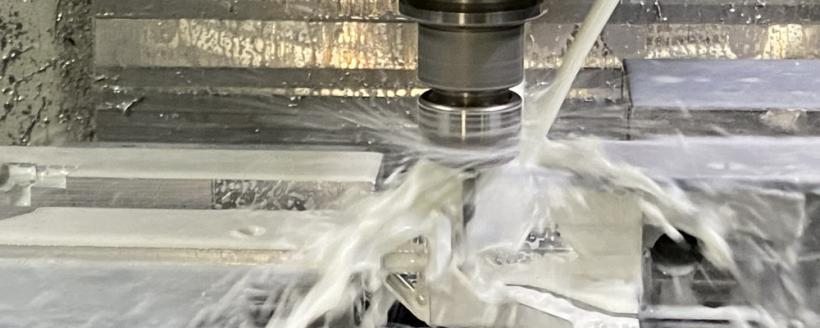
Blog
How much does CNC machining cost in China?

China is a well-known destination for overseas companies looking to purchase precision CNC machining parts due to its complete supply chain system, low labor costs, and years of accumulated experience in the industry. However, when it comes to the price of producing precision machined parts in China, various factors must be considered.
First, when determining the price of a part that requires precision CNC machining, the machining method and basic process should be established. This allows for calculating the time required to complete the part, and the approximate price can be calculated by adding other expenses. Generally, each process has a basic price range.
For instance, CNC milling ranges from 10 to 25 USD per hour, CNC turning ranges from 10 to 15 USD per hour, and precision grinding ranges from 10 to 20 USD per hour, while EDM machining ranges from 12 to 30 USD per hour, wire EDM machining ranges from 10 to 25 USD per hour, and benchwork ranges from 15 to 20 USD per hour.
When comparing the quotes from different China CNC machining factories for the same part, you may notice a significant price difference.
What Causes Significant Quote Differences in Each CNC Machining Factory in China?
This is usually due to various factors such as the selected processing methods, cost of raw materials, labor costs, and equipment costs, etc
1) Different processing methods
Different processing methods have different costs, and this can lead to price discrepancies. Many factory engineers simply quote the price after receiving the drawings without telling the specific processing scheme and details to their sales team, which can cause issues for customers. For example, even though a lower-priced factory may use another machining method like wire cutting instead, the surface of the wire-cutting workpiece is not as smooth or beautiful as CNC machining. If customers simply choose the lower quote…this can lead to customers losing business due to the discrepancy between their expectations and the final product.
2) Different costs of raw materials.
The cost of raw materials varies from region to region in China. CNC machining factories in areas close to raw material sources can purchase raw materials at a lower price, which can lead to a minor price difference. However, if the purchase quantity is substantial, the price difference caused by raw materials can still have a significant impact.
3) Labor Cost Difference
Labor costs are also a factor in price discrepancies. Talented workers with professional precision CNC machining skills and accumulated experience are required for a CNC machining factory. However, these workers require a higher wage to compensate for their skills and experience. Hiring a CNC programmer with ten years of CNC manufacturing experience, for example, can cost twice as much as hiring a CNC programmer with two years of experience.
4) Different Equipment Costs.
Equipment cost is another factor that can affect the price of precision CNC machining parts. A factory that uses new CNC machines will have different equipment costs than a factory that uses second-hand CNC machines, which can affect the overall price of the parts.
5) Sales Cost.
Differences in sales costs can also lead to price discrepancies. A factory that pays a lot on advertising marketing, such as paying high fees to attend overseas exhibitions or paying for some B2B platforms, will have different sales costs than a factory that only hires sales engineers with rich experience in the CNC manufacturing industry and actively contacts overseas companies through social media such as LinkedIn or Facebook to obtain customer inquiries.
In conclusion, there are several reasons for price differences between different factories, and customers must consider and communicate fully with the sales team of the factory according to their quality expectations and budget for CNC machining parts. While the overall CNC machining cost in China is lower than that in local procurement, it’s crucial to learn more about the specific industry background of making CNC machining parts in China to avoid making mistakes.
